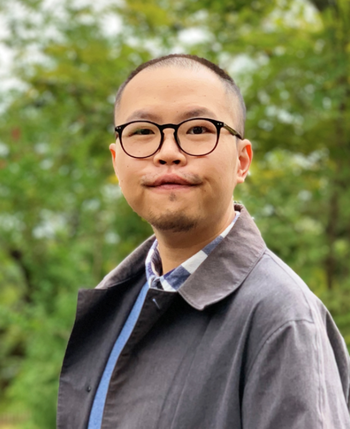Dr. Shoufu Yin

Fellow in the project "Conceptions of World Order and Their Social Carrier Groups"
Short Biography
Shoufu Yin is an assistant professor in history at the University of British Columbia. His research and teaching center on Chinese and Inner Asian political culture and thought in global historical contexts. Specializing in areas where cultural history meets comparative philosophy, he works on a wide array of previously unknown, untapped, and understudied sources in different languages—literary Sinitic (classical Chinese), Korean, Manchu, Mongolian, Persian, Latin, and Greek, to name a few. As such, his publications show that it is productive to engage the intellectual world of hitherto overlooked and marginalized groups—including peasant women who fought in wars, Manchu translators who processed imperial documents, and anonymous typesetters behind the production of books. Ultimately, his scholarly passion lies in writing new kinds of global intellectual histories that foreground the theoretical contributions of both “canonical” and “everyday” thinkers of different traditions.
Project
From Indigenous Wisdom to Global Philosophy: Representing Jurchen Statecraft under the Mongol, Manchu, Russian, and Belgian Empires, 1344–1887This project will investigate the statecraft thinking of the Jurchens, a Tungusic-speaking people that flourished in northeast Asia and whose descendants form a large part of indigenous populations living in Chinese Manchuria and Russian Siberia today. During the twelfth century, Jurchen tribal leaders built a powerful dynasty, the Jin (1115–1234, or “antʃu-un” in Jurchen), which claimed hegemony over much of East Eurasia until it was conquered by the Mongols. Although the Jurchen way of managing a polity has long sunk into oblivion, this tradition, as the project will demonstrate, had given rise to sophisticated political theories in the context of a series of Eurasian/global empires—notably, the Mongol, Manchu, Russian, and Belgian empires—from the fourteenth to the nineteenth centuries. This project will thus exemplify a new way of doing history and political theory that focuses on the much-overlooked contributions of “minor” ethnic groups in the contexts of imperial governance and global integration.
